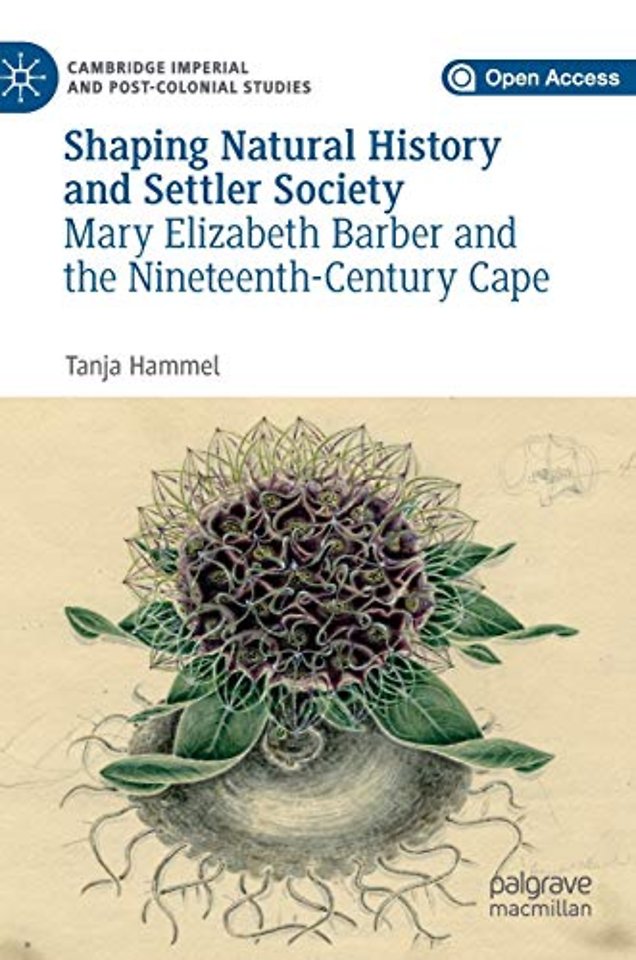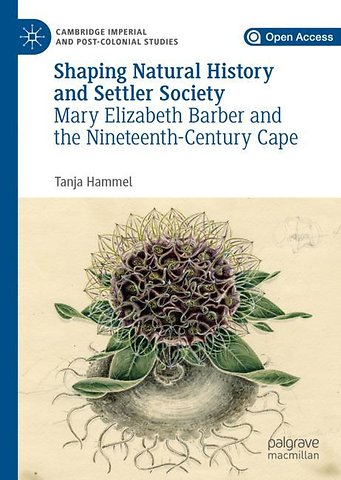Shaping Natural History and Settler Society
Mary Elizabeth Barber and the Nineteenth-Century Cape
Samenvatting
This book explores the life and work of Mary Elizabeth Barber, a British-born settler scientist who lived in the Cape during the nineteenth century. It provides a lens into a range of subjects within the history of knowledge and science, gender and social history, postcolonial, critical heritage and archival studies. The book examines the international importance of the life and works of a marginalized scientist, the instrumentalisation of science to settlers' political concerns and reveals the pivotal but largely silenced contribution of indigenous African experts. Including a variety of material, visual and textual sources, this study explores how these artefacts are archived and displayed in museums and critically analyses their content and silences. The book traces Barber’s legacy across three continents in collections and archives, offering insights into the politics of memory and history-making. At the same time, it forges a nuanced argument, incorporating study of the North and South, the history of science and social history, and the past and the present.

